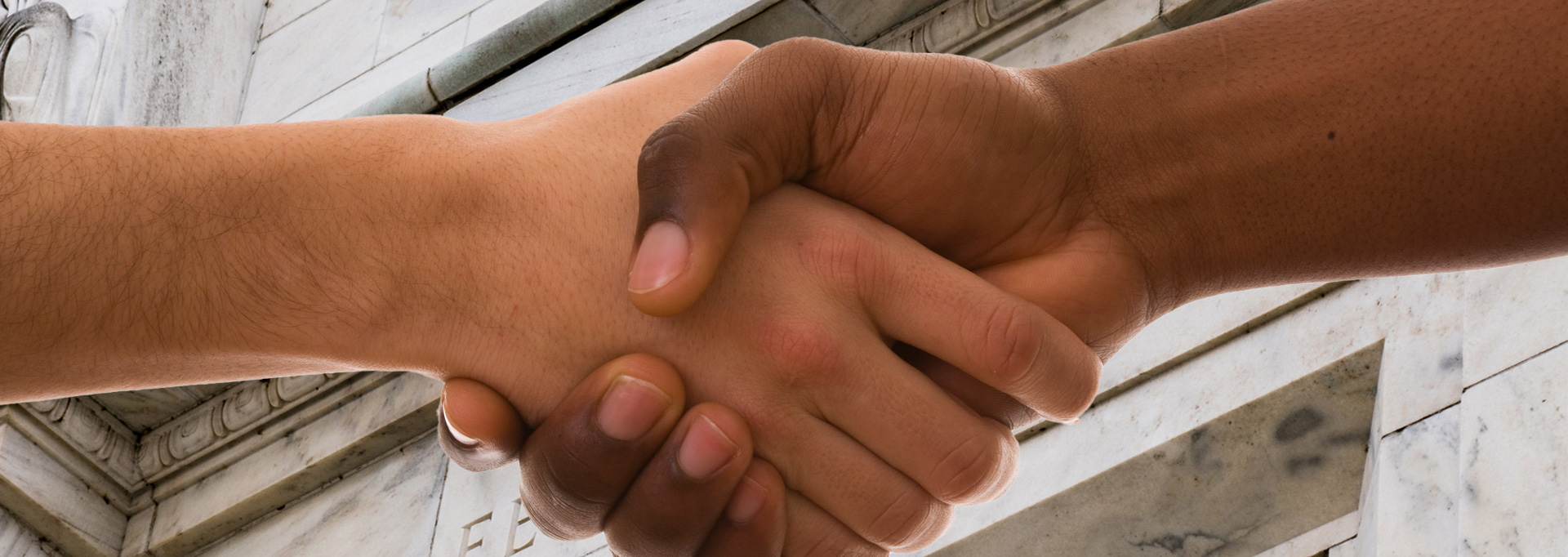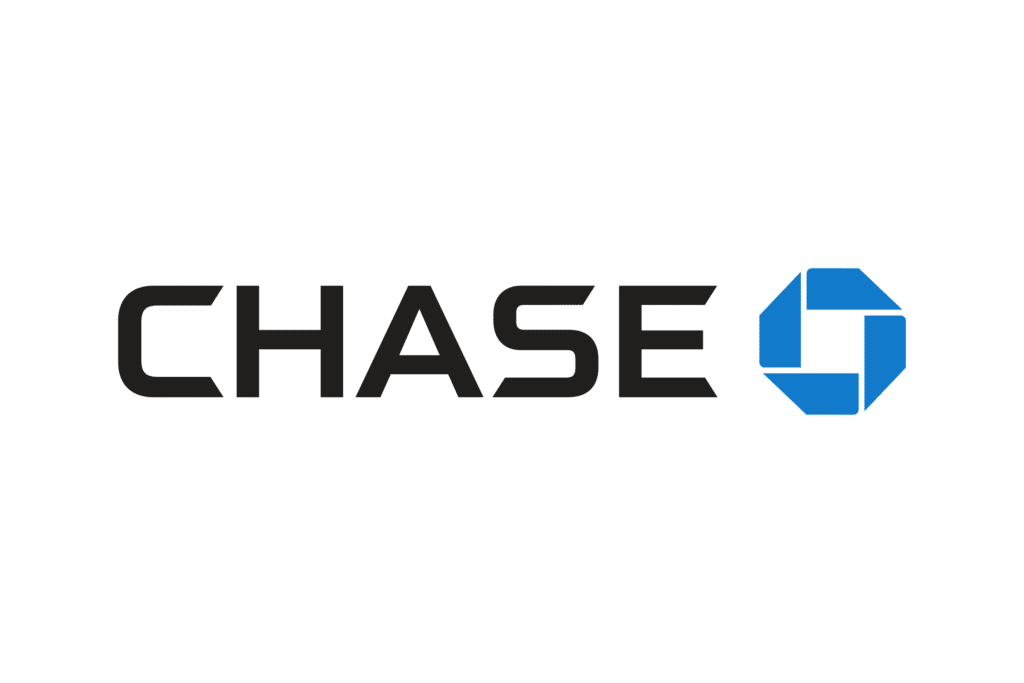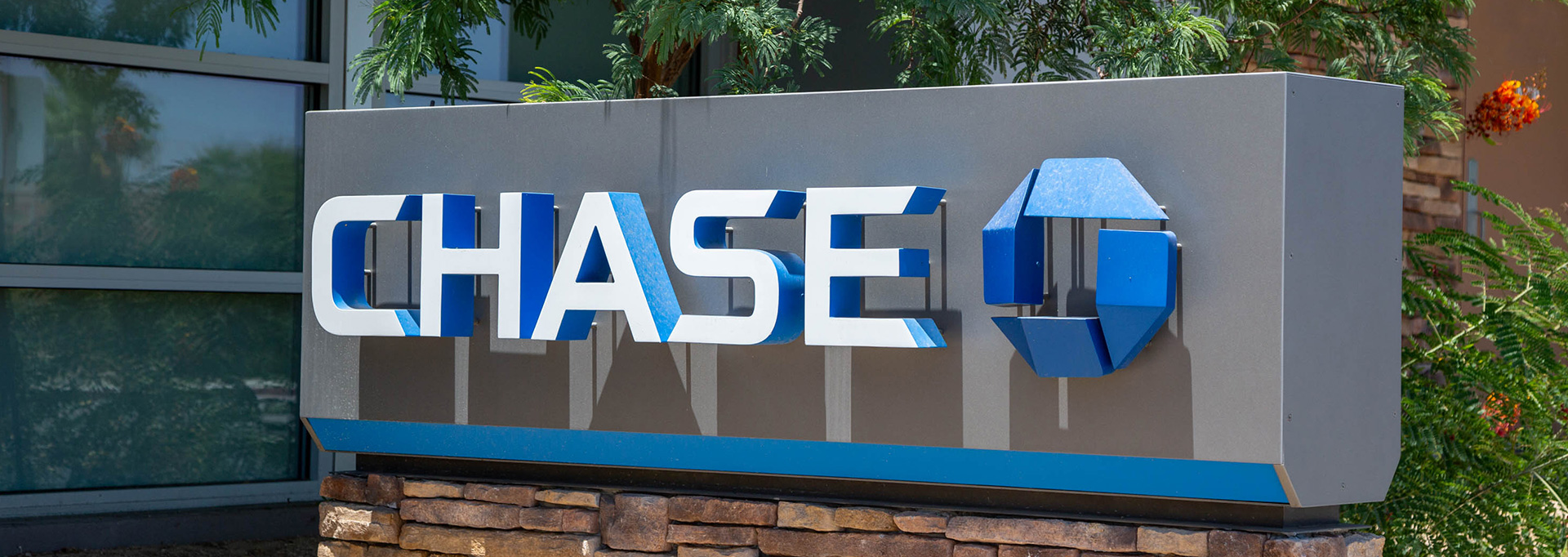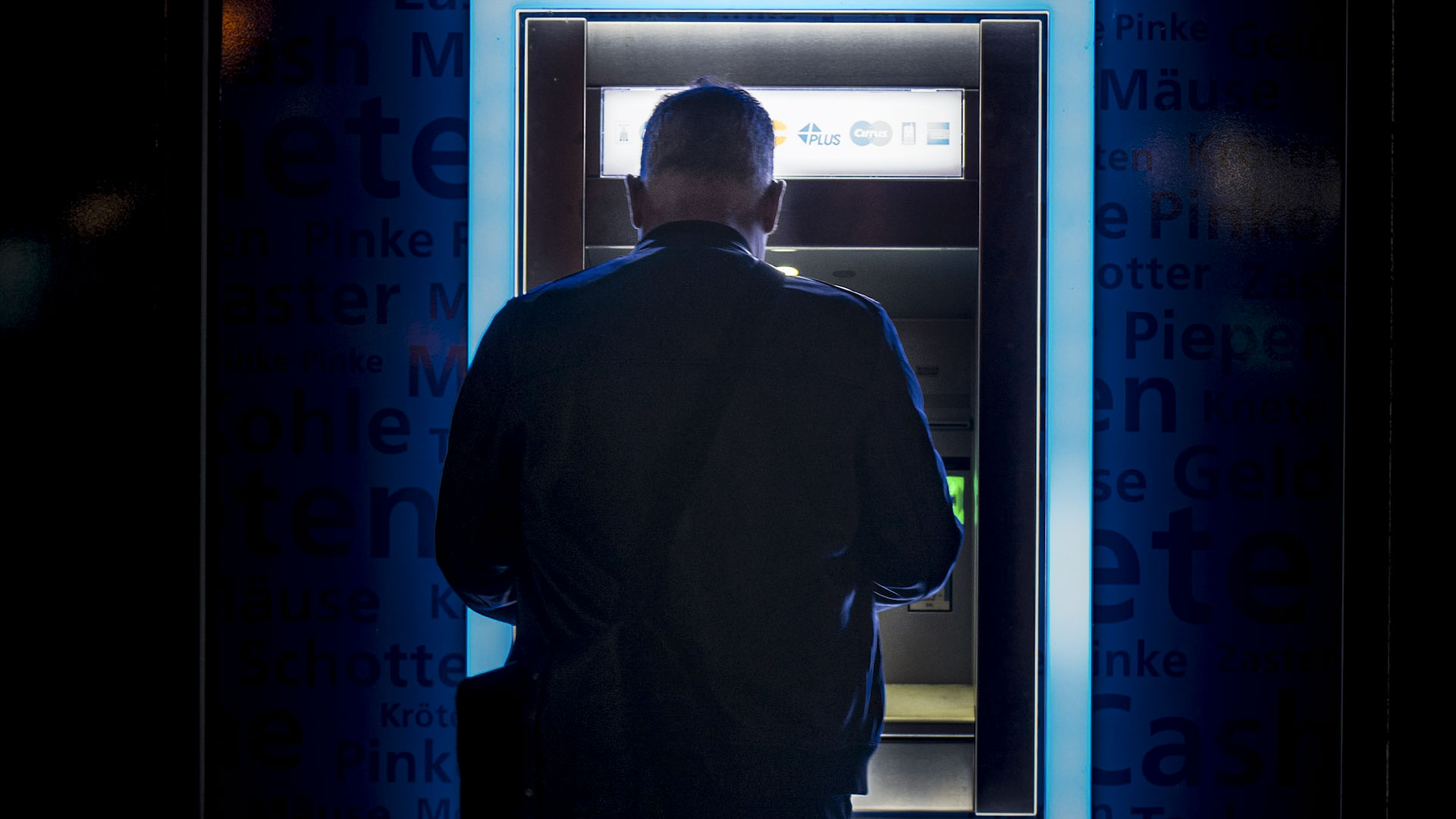Most products on this page are from partners who may compensate us. This may influence which products we write about and where and how they appear on the page. However, opinions expressed here are the author's alone, not those of any bank, credit card issuer, airline or hotel chain.
When you open a bank account for the first time, a basic savings account and perhaps a checking account might be all you need to get the job done. Over time, however, the types of financial products you need access to will typically
Some people favor transactional banking. This is the process of opening multiple accounts at different financial institutions to make sure you’re getting the best deal available on each financial product. Others prefer the simplicity of working with a single financial institution to handle all money matters under the same roof — otherwise known as relationship
Through relationship banking, banks and credit unions try to anticipate the financial needs of their customers (and profit from those needs) by encouraging customer loyalty. It’s clear that the idea of combined banking products appeals to many people. One study found that 57% of consumers who open at least one credit card with their primary bank believe bundled financial solutions are more convenient and easier to
Chase Bank Account Offers
| Bank Account | Intro Bonus | Learn More |
|---|---|---|
|
|
$300Expires October 16, 2024
New Chase checking customers enjoy a $300 bonus when you open a Chase Total Checking® account with qualifying activities |
Open Account |
|
|
$100Expires October 16, 2024
New Chase checking customers enjoy a $100 checking account bonus when you open a Chase Secure BankingSM account with qualifying transactions. Qualifying transactions include debit card purchases, Zelle®, ACH credits, Chase QuickDepositSM or online bill payments. Your bonus will appear in your account within 15 days after completing the qualifying transactions. |
Open Account |
|
|
Up to $3,000Expires October 16, 2024
Enjoy up to a $3,000 bonus when you open a new Chase Private Client Checking℠ account with qualifying activities. Within 45 days of coupon enrollment, transfer qualifying new money or securities to a combination of eligible checking, savings and/or J.P. Morgan Wealth Management non-retirement accounts (excludes Chase Personal and Business CDs, Chase business checking and savings accounts, any J.P. Morgan Self-Directed Investing & Automated Investing, J.P. Morgan Personal Advisors Accounts, and J.P. Morgan Wealth Management retirement accounts). Your bonus will be determined on day 45. Maintain your new money for 90 days from coupon enrollment and enjoy your bonus. We'll add it to your account within 40 days. |
Open Account |
|
|
$100Expires October 16, 2024
New Chase College Checking customers can earn a $100 bonus when they complete 10 or more qualifying transactions within 60 days of account opening. |
Open Account |
If you’re intrigued by the idea of simplifying your banking experience and perhaps enjoying some special benefits in the process, here’s what you need to know about how relationship banking works. You’ll also discover the potential pros and cons of this type of banking relationship and tips on how to decide if relationship banking makes sense
What Is Relationship Banking?
Relationship banking is a cross-selling strategy that financial institutions use to increase revenue and customer loyalty. With relationship banking, the goal of a bank or credit union is to become a one-stop shop that can meet as many financial needs as it can — both for personal clients and
Financial institutions that offer relationship banking services will often assign a team of bankers to serve your needs. But you might first need to meet certain requirements, such as maintaining a certain minimum balance, to qualify for advanced banking services depending on the bank or
Types of Accounts
It’s common for financial institutions to offer multiple types of financial services. Here are some of the deposit accounts, financial solutions and more that you might be able to open at a bank or credit union, either on its own or as part of a suite of services:
- Savings Accounts
- High-Yield Savings Accounts
- Money Market Accounts
- Checking Accounts
- Certificates of Deposit
- Safe Deposit Boxes
- Business Checking Accounts
- Business Savings Accounts
- Merchant Accounts
- Credit Cards
- Investment Accounts
- Auto Loans
- Personal Loans
- Mortgages
- Life Insurance
When you bundle multiple accounts together, you may be able to take advantage of discounts, reduced fees (or fee waivers), higher annual percentage yields (APYs), lower interest rates on financing products, free access to financial planners
Pros and Cons of Relationship Banking
Banks and credit unions can profit more from developing relationships with their customers and signing them up for multiple financial products. As a consumer, however, it’s up to you to decide if this type of relationship is in your best interest. Here are a few benefits and drawbacks of relationship banking to
Pros
- Customer Service Perks: As a relationship banking customer, especially if you have multiple accounts with higher balances, you might gain access to a higher level of customer service at certain financial institutions.
- Convenience: Managing multiple deposit accounts and loans, often through a single banking app, can be more convenient than paying bills and monitoring accounts with accounts with multiple lenders and financial institutions.
Cons
- Better Rates Elsewhere: When you don’t take the time to comparison shop with multiple banks and lenders, you might miss out on a chance to earn more interest on your savings or save money on financing offers elsewhere.
- Right of Setoff: A bank or credit union may have the right to withdraw funds from a deposit account (aka your checking account, savings account, etc.) to cover any past-due payments you owe on credit obligations to the same financial institution.
- Potential Violation of Trust: A bank or credit union should get your approval before opening any new account in your name—especially for new debts. However, some financial institutions have made headlines for violating customer trust and opening accounts without customer consent to earn additional profits or meet in-house sales goals.
Premium Relationship Banking
If you’re in a position to deposit a large sum of money with a single financial institution, you may be able to find banks and credit unions that are willing to extend premium relationship banking perks. These benefits might include free one-on-one support from a private banker, higher APYs, bigger promotional bonuses, higher limits on deposits and transfers, discounted loan rates
Is Relationship Banking Right for You?
Relationship banking can offer a more simplified approach to managing your money. And when you open several accounts with a single financial institution, you might unlock valuable benefits that could save you money. The downside to this hands-off approach to banking and financing is that you’re not always guaranteed to get the best deals available.
 Related Article
Related Article
Best Bank Account Bonus Promotions in July 2024
It’s important to remain aware of what other banks and lenders have to offer when it comes to financial products and services. In some cases (such as credit card accounts), you can ask your card issuer to reduce your interest rate if you find a better financing offer available. You might get lucky and get a lower APR if the issuing bank approves your request. At the very least, when you know what your bank’s competition has to offer in terms of interest rates, you can make more informed decisions when it c



















